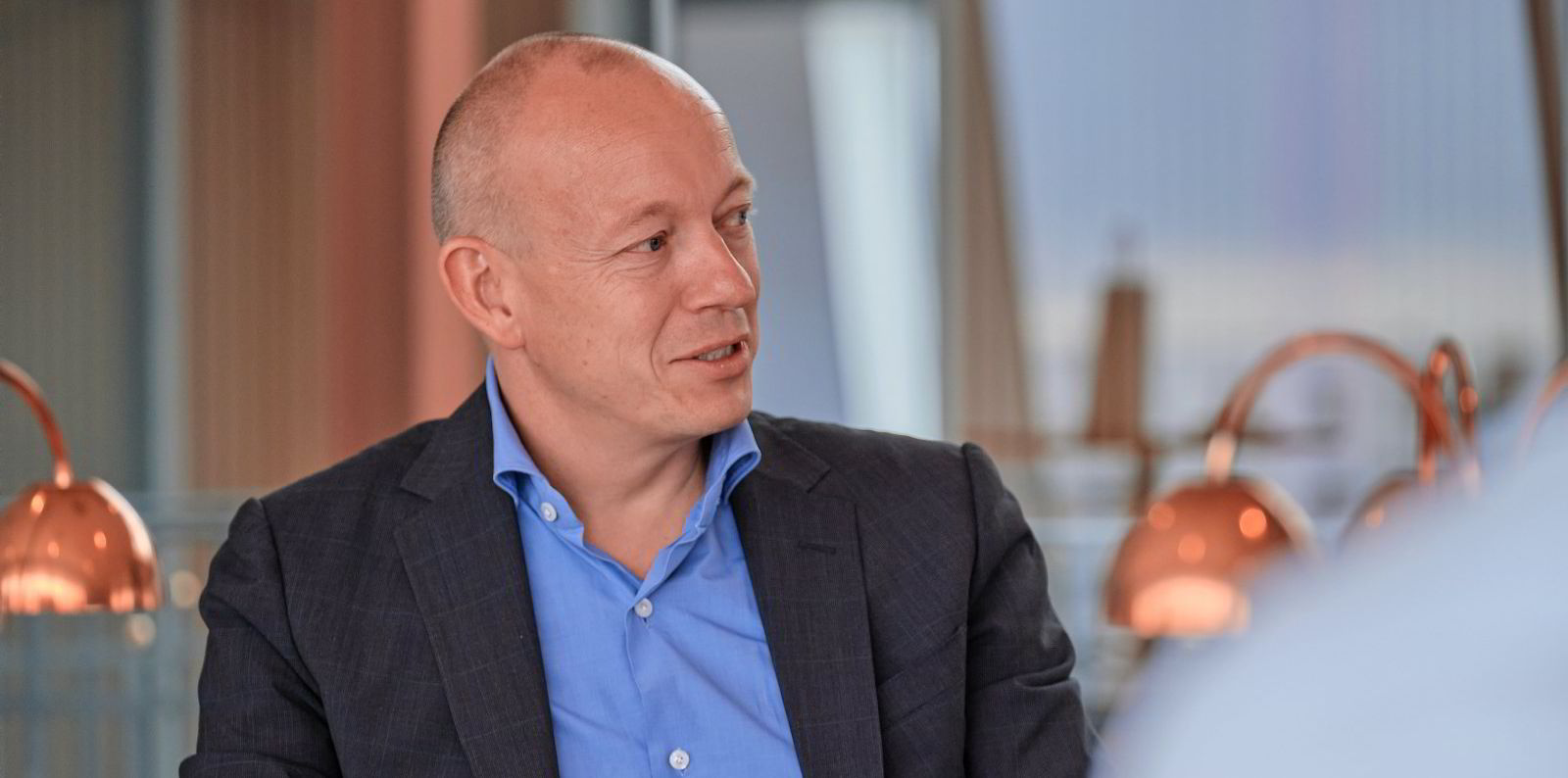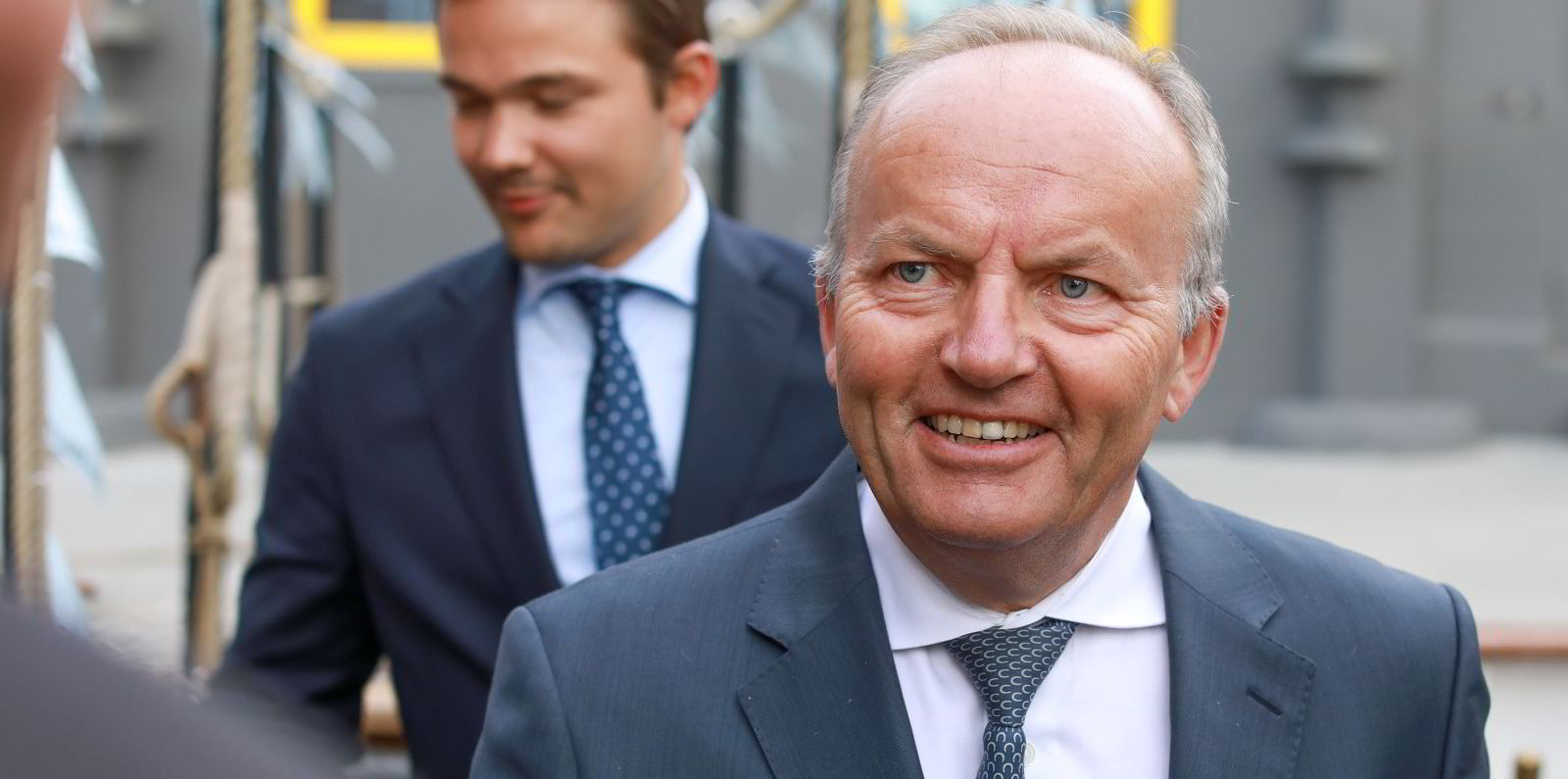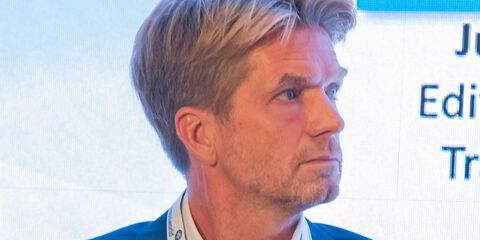Canadian mining firm Teck Resources hopes to reduce carbon emissions from its steelmaking coal supply chain by 25% annually through a new agreement with owner-operator Norden.
The Danish shipping company said it would achieve the Scope 3 carbon cuts by deploying fuel-efficient ships, alternative fuels like biofuel, plus data analytics to optimise vessel speed and routing.
If successful, the plan would cut emissions by up to 6,700 tonnes of CO2 each year, equivalent to removing over 1,400 passenger vehicles from the road, according to Norden.
Jonathan Price, CEO of Teck, said the new partnership would not only cut Scope 3 emissions for coal transport and reduce the miner’s carbon footprint, it would advance progress in developing green transportation corridors.
“Working with transportation providers like Norden to reduce emissions downstream of our business furthers our progress towards achieving our net zero by 2050 goal,” Price said in a release on Wednesday.
Norden CEO Jan Rindbo said the agreement demonstrates his company’s ability to create custom decarbonisation plans for its customers.
“With this initiative, we are now able to design customer-tailored freight emission contracts where we leverage our combined expertise to develop unique solutions that support our customers’ ambitions to lower their supply chain emissions,” he said.
Teck aims to reduce carbon intensity across operations by 33% by 2030 and wants to be a carbon-neutral operator by 2050. Its major business units focus on copper, zinc and steelmaking coal.
Earlier this month, Norden announced its acquisition of a minority stake in MASH Makes, a Danish-Indian biofuel scale-up, which researches, develops and produces renewable fuels from biomass waste.
The strategic partnership will give Norden access to bio-oil fuel at what it called “favourable pricing” and give the company a hand in the research and development of renewable bio-oils that it could use in the future.
Norden last week reported a $108m profit for the second quarter, down from $179m year over year.
“A dedicated focus on customer freight services in volatile markets ensured profitable margins across both dry cargo and tankers, despite weaker market sentiment,” Rindbo said when the quarterly results were announced.




